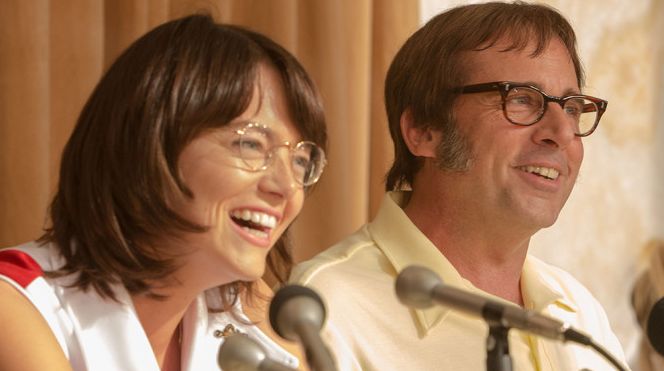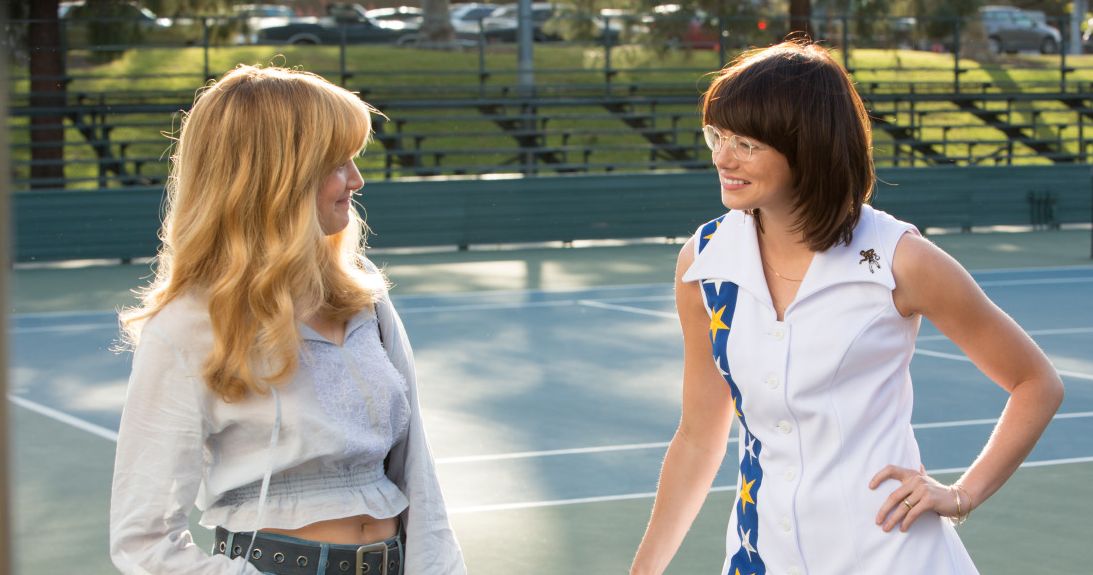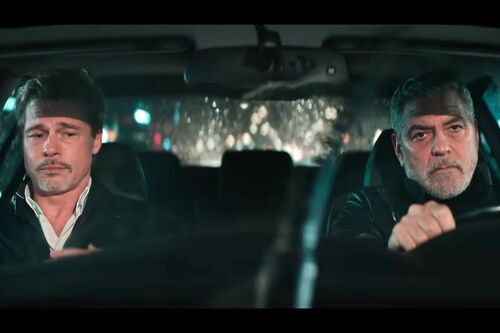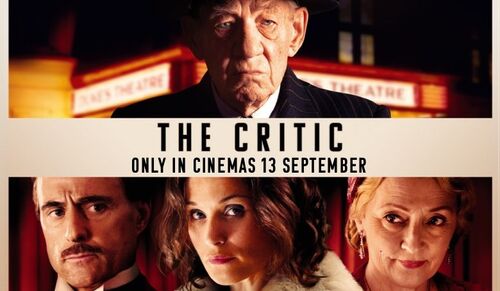
'Battle of the Sexes' Review
 “Battle of the Sexes” may just be the sunniest movie of the year. Coincidentally, the film comes from “Little Miss Sunshine” directors Valerie Faris and Jonathan Dayton. Here they take on one of the most influential sporting events of all-time - the 1973 Billie Jean King - Bobby Riggs exhibition tennis match which captivated the world and served as the starting point in changing how women were perceived and treated in the sports world - and in society.
“Battle of the Sexes” may just be the sunniest movie of the year. Coincidentally, the film comes from “Little Miss Sunshine” directors Valerie Faris and Jonathan Dayton. Here they take on one of the most influential sporting events of all-time - the 1973 Billie Jean King - Bobby Riggs exhibition tennis match which captivated the world and served as the starting point in changing how women were perceived and treated in the sports world - and in society.
As with most films based on a real-life sporting event, "Battle" is a character study of the participants. And the two main figures - King and Riggs - are compelling characters. Almost the entire first half of the film is devoted to the events leading-up to the match.In some respects, this movie is a love story (no pun intended). King, 29 at the time, is the top women's tennis player in the world. She's married to loyal husband Larry, but begins to have feelings for someone else. The first interaction between King (Emma Stone) and hairdresser Marilyn (Andrea Riseborough) is actually the strongest scene in the movie. Multiple close-ups provide an intimate look at the first sparks of their relationship.
King also has a passionate love for tennis. As the leader in the fight for female tennis players to be afforded the same rights and prize money as the men (a radical idea in the early 70s), she forces a coup. The women break away from the men's tour (led by former tennis great Jack Kramer - played by Bill Pullman) and organize the WTA. Sarah Silverman is perfectly cast as the women's promoter, in what is my favorite performance of Silverman's to date.

On the other side of the narrative net is Riggs. Life at 55 (dull job, troubled marriage) for the former champion can't match the excitement of his past. A gambler, hustler and admitted "male chauvinist pig", Riggs comes-up with the idea to challenge the best women tennis players in the world to a match, for both money and gender bragging rights. Initially King turns him down but eventually feels she must accept this challenge and beat Riggs in order to achieve the changes she so desperately wants for her sport.
The script gives more weight to Ms. King's story, but only at a 60/40 percentage, which is better than I expected. Credit screenwriter Simon Beaufoy (“Slumdog Millionaire”) and the directors for providing as much balancing as was possible. Carell's portrayal of the over-the-top Riggs is mildly entertaining, with a few memorable comedic one-liners, along with some notable dramatic moments.
However, the second half of "Battle of the Sexes" becomes much more conventional and straightforward. We get all the build-up and, eventually, the main event. The use of authentic footage of ABC's live broadcast of the match, including both on-camera and voice-over commentary from the legendary Howard Cosell, is flawless.But this is where "Battle" loses its intimacy. Presenting the match from a TV viewers perspective forces the movie audience to become spectators, not participants. We're pushed away for the climactic moments of this story. I wanted to be on the court with King and Riggs, but Faris and Dayton don't allow it. All the excitement from the build-up disappears once these two actually start playing. This is a major fault.
As was the case in both “Easy A” and “La La Land”, Stone takes on the role of someone trying to “find herself”, prove her worth in a world that is standing in her way. She’s very good as King, continuing her run (“Aloha” aside), as one of the most reliable and likable actresses of the past decade.
There's a nice moment between King and clothing designer Ted Tinling (played by Alan Cumming) in the final scene which gets right to the heart of "Battle of the Sexes". Unfortunately, it only spotlights the fact that the film doesn't deliver on this theme throughout.


